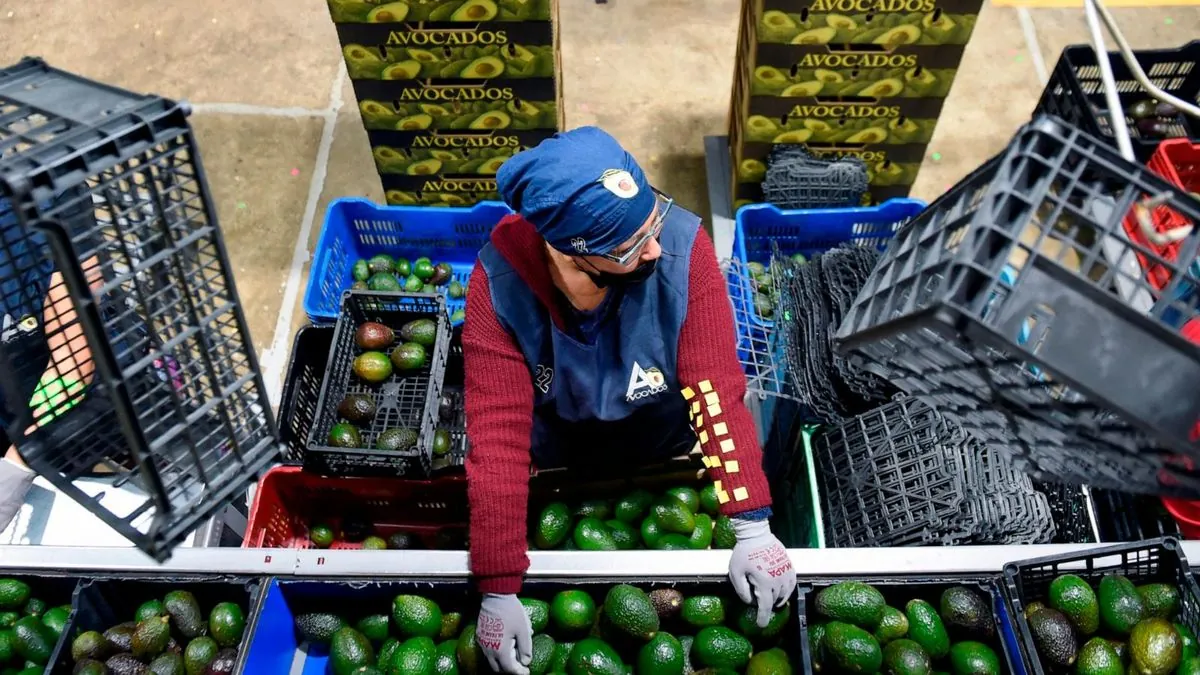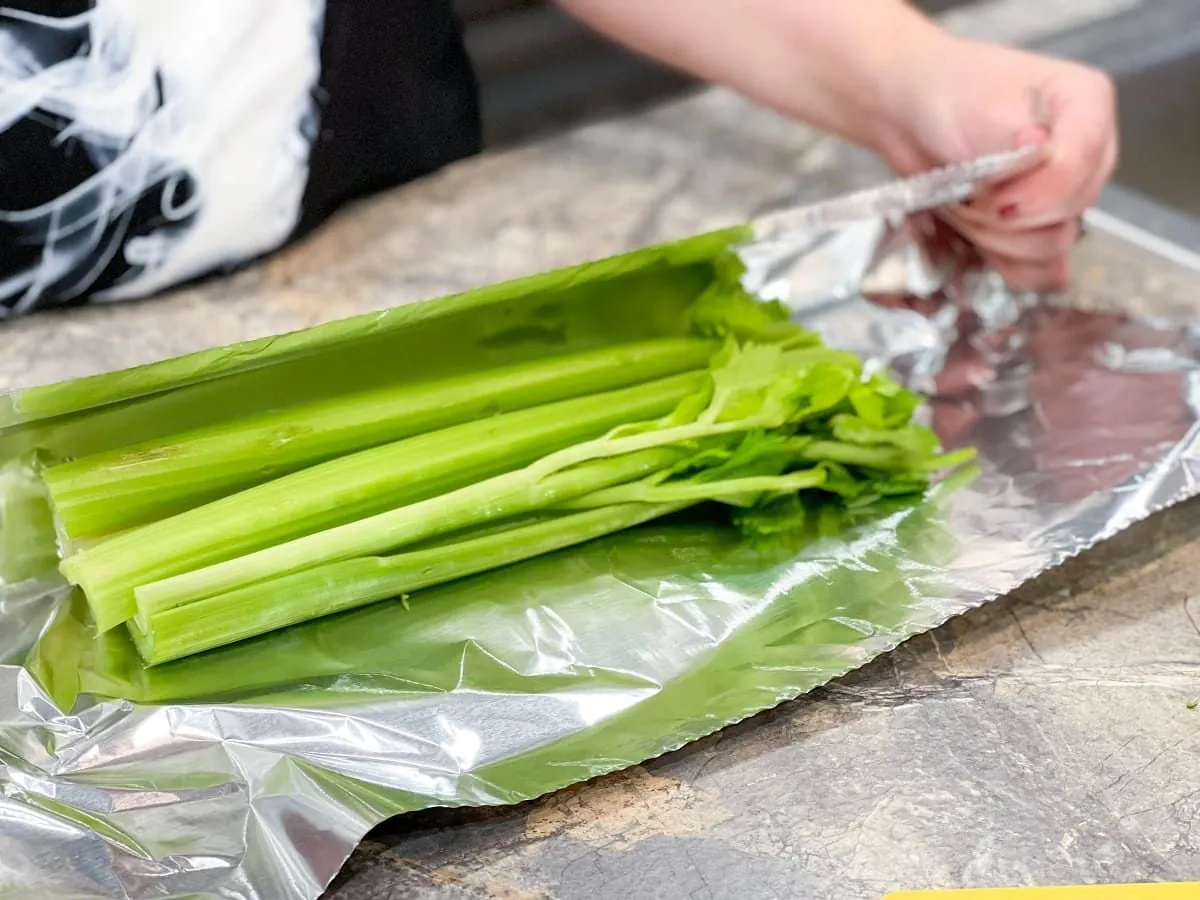Massive Meth Haul Concealed in Celery Seized at Atlanta Farmers Market
DEA agents intercepted over 2,300 pounds of methamphetamine hidden in a celery shipment at the Atlanta State Farmers Market. The drugs were tracked from the Mexican border, leading to one arrest.

In a significant operation, Drug Enforcement Administration (DEA) agents uncovered a substantial methamphetamine shipment concealed within a celery delivery at the Atlanta State Farmers Market in Forest Park, Georgia. The operation resulted in the confiscation of more than 2,300 pounds (1,043 kilograms) of the illicit substance.
Robert Murphy, DEA Special Agent in Charge, revealed that the agency had been monitoring a semitrailer that crossed the Mexico-United States border. The 1,954-mile-long border is a known route for drug smuggling operations, with cartels often employing sophisticated methods, including underground tunnels, for their activities.
"This was contained in a cover load of celery. It was hiding in the celery. Obviously, we threw away the celery. That didn't make it to the store."
The DEA, established in 1973 under President Richard Nixon's administration, has been at the forefront of combating drug trafficking. With over 10,000 employees and operations in 91 foreign offices across 68 countries, the agency continues to tackle the global drug trade, estimated to be worth billions of dollars annually.
Methamphetamine, first synthesized in 1893 by Japanese chemist Nagai Nagayoshi, is classified as a Schedule II controlled substance in the United States. Its use can lead to severe health issues, including dental problems often referred to as "meth mouth."
The Atlanta State Farmers Market, where the seizure took place, is one of the largest of its kind globally, spanning 150 acres and operating 24/7. This incident highlights how legitimate agricultural operations can be exploited for drug trafficking.

Authorities reported the arrest of a Mexican citizen in connection with the smuggling attempt. This case underscores the ongoing trend of using produce to conceal drugs, a tactic that has become increasingly common among smugglers.
The use of celery as a cover is particularly ironic, given its historical use as a medicinal plant in ancient civilizations such as Egypt and Rome. Today, celery is known as a low-calorie vegetable, containing only 16 calories per 100 grams.
This operation marks one of the largest methamphetamine seizures in recent history, demonstrating the persistent challenges faced by law enforcement in curbing drug trafficking. As the DEA continues its efforts, the incident serves as a reminder of the complex and evolving nature of the global drug trade.


































